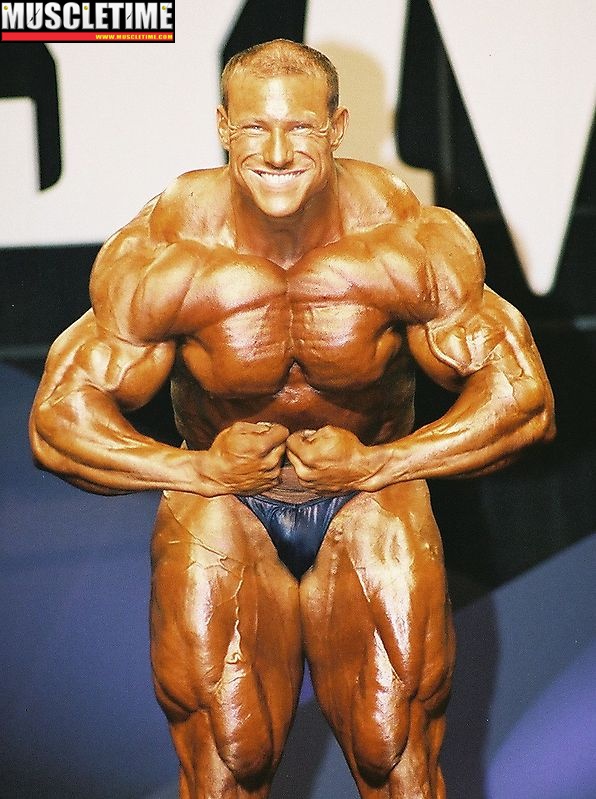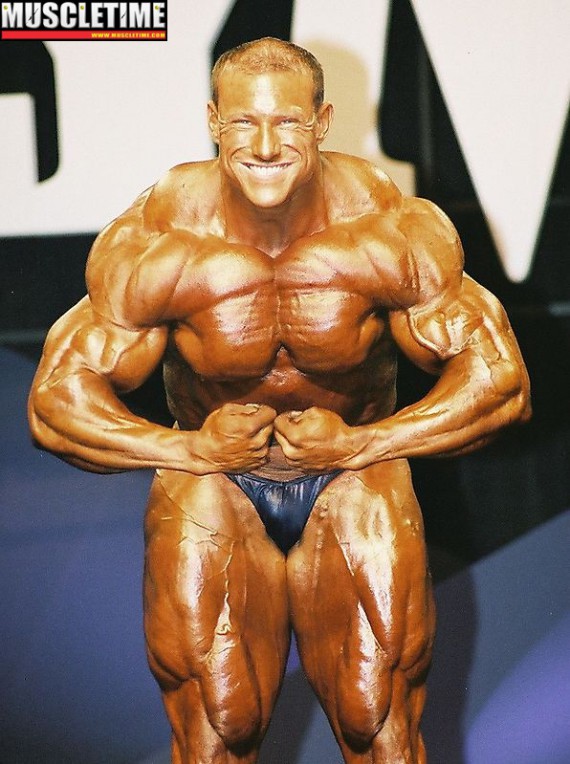
Federal authorities have shifted significant resources to investigation of steroid trafficking within the United States and internationally. Given the prevalence of steroid use in professional bodybuilding, many observers felt it was only a matter of time before the federal investigations reached the sport of bodybuilding. When David Jacobs was arrested in May 2007 on steroid distribution charges, there was a great deal of anxiety within the sport; Jacobs had close ties with various professional bodybuilders and national level bodybuilding competitors in the State of Texas. The collective anxiety increased through November 2007 when court records revealed Jacobs had entered a plea agreement with federal prosecutors.
Sources close to the investigation have told MESO-Rx that, in spite of Jacobs close ties to the sports, bodybuilders were never the targets of the investigation.
Individuals who have worked with the assistant U.S. attorney Samuel Cantrell in the United States District Court (Eastern District of Texas) paint a picture of a young, fair and open-minded prosecutor who is very good at his job with a 93% conviction rate. We are told Cantrell is primarily concerned with disrupting the supply chain of anabolic steroids to (1) professional athletes who use them to gain an unfair advantage in sports competitions where performance enhancing drugs are explicitly prohibited, and (2) teenagers whose use may adversely affect their health during a critical developmental period.
Independent sources tell us that federal prosecutors in the Eastern District of Texas could care less about bodybuilding. Cantrell purportedly does not display a moralistic condemnation of steroid use in bodybuilding; he is of the opinion that anabolic steroid use is an overt part of the sport which has no explicit proscription of the use of performance enhancing drugs by any of its competitors at the novice, amateur or professional levels. It’s obvious that everyone in pro bodybuilding uses them.
Individuals in Cantrell’s office have even expressed admiration at the dedication and determination exhibited by bodybuilders. While they do not see steroid use in bodybuilding as morally “bad”, but make no mistake that they believe the illicit use, sale and distribution is “wrong” simply because it is against the law.
Even in the case of David Jacobs where the defendant had obvious ties to various competitive bodybuilders, a source familiar with his case files informs us that Jacobs was only asked about two pro bodybuilders and only because of the extensive photographic and videographic evidence linking Jacobs to Branch Warren and Art Atwood.
According to one source, Branch Warren was never investigated after Jacobs denied Warren ever had any involvement. Furthermore, federal investigators had no evidence to suggest Warren was ever involved in the distribution of anabolic steroids. Friends of Branch Warren confirm his adamant stand against involvement in steroid distribution.
On the other hand, federal prosecutors had two years of detailed records, including photographs and video surveillance documenting a relationship between David Jacobs and Art Atwood; the same source tells us that Jacobs basically only confirmed the evidence detailing the Jacobs-Atwood relationship.
The damage to the sport of bodybuilding will be limited since bodybuilding is not the apparent target of the Texas steroid investigations.


About the author
Millard writes about anabolic steroids and performance enhancing drugs and their use and impact in sport and society. He discusses the medical and non-medical uses of anabolic-androgenic steroids while advocating a harm reduction approach to steroid education.

Leave a Reply
You must be logged in to post a comment.